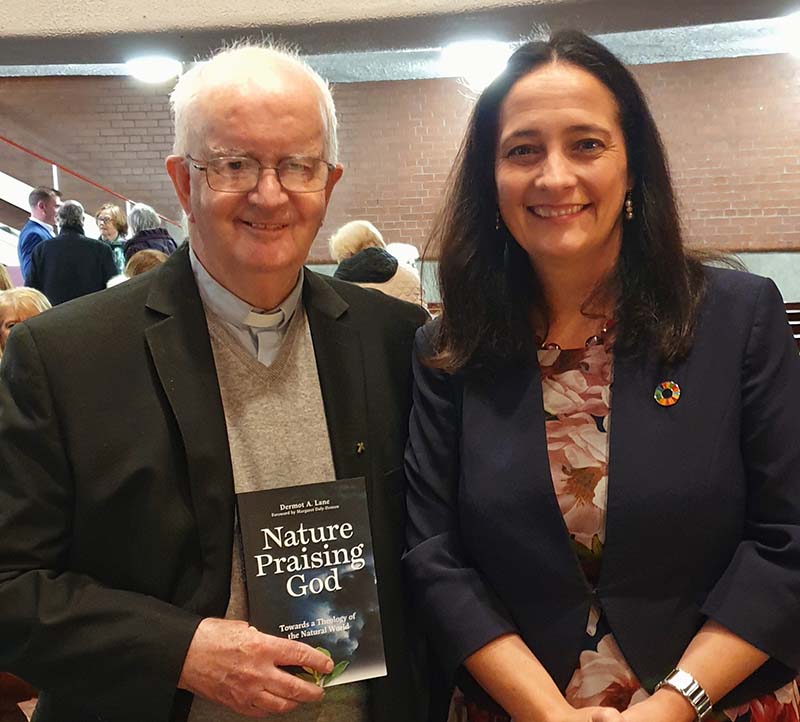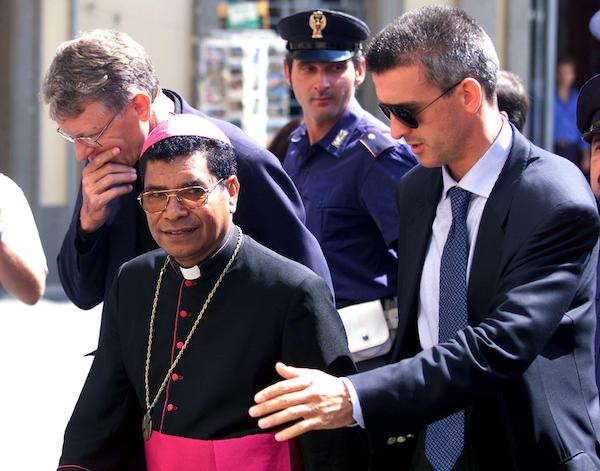The case of Bishop Carlos Belo, who we have recently learnt was stealthily placed on restricted ministry by the Vatican in 2020 following allegations of sexual abuse of minors, raises several questions.
The East Timor prelate is the only bishop to have received the Nobel Peace Prize, which he won in 1996 for his courageous work for peace in his home country. His profile brings an added complication to this case, and how it has been handled over the years looks like another example of the reputation of the institutional church being given priority over concern for the victims of abuse.
Belo’s resignation as the head of the diocese of Díli was accepted twenty years ago, in 2002, when he was just 54, over two decades before the episcopal retirement age. This was also the year when the sex abuse scandal erupted in Boston, in the US.
It is hard to believe that St John Paul II would have accepted a Nobel-prize-winning bishop’s early resignation without the Vatican being aware of some grave problem.
Belo, a Salesian priest, later worked in Mozambique and, more recently, was living in Portugal. Francis is the first Pope to have placed him under restrictions.
A Vatican spokesman said that “the Congregation for the Doctrine of Faith was first involved in this case in 2019”, something which is routine as this is the office that handles any allegations against a bishop.
Then, “in September 2020 the Congregation imposed certain disciplinary restrictions upon him” which “included limitations to his movements and to the exercise of his ministry, the prohibition of voluntary contact with minors, of interviews and contacts with Timor Leste”.
He added: “In November 2021, these measures were modified and reinforced. On both occasions, the measures were formally accepted by the bishop.”
But there are still some unanswered questions. While the congregation became involved in the case 2019, Belo would have come under the Congregation for the Evangelisation of Peoples (Propaganda Fide) given he led a diocese in East Timor, a mission territory. At the time of his resignation that congregation was led by Cardinal Crescenzio Sepe and when Belo was placed under restrictions Cardinal Fernando Filoni was in charge.
Did this congregation know about the allegations before 2019? Were the allegations referred to civil authorities, including in Portugal? Are attempts being made to accompany victims?
Is the Bishop Belo case something that the Pontifical Commission for the Protection of Minors, which recently appointed new members, might take up?
In his address to the commission in April, Francis urged them to seek out those who suffer from abuse, to provide for their “welfare and pastoral care” and to help “oversee” the bishops’ conferences work in this area. They are to be “proactive” and to propose ways to protect minors and vulnerable people and assist with the healing of survivors.
Francis also said the commission must work with other Vatican departments but said it was up to them to determine “the most effective ways for this to happen.” This is important. Effective safeguarding offices need operational independence, and that is clearly something the Pope is seeking to foster.
The Tablet asked Fr Andrew Small, secretary of the commission, if the body had any statement to make about the Belo case, whether they would be seeking out the bishop’s victims and if it would be conducting a review of how the case was handled.
Fr Andrew replied: “[I] am afraid I have no response to your questions.”
In the new constitution for the Roman Curia, the pontifical commission now comes under the Dicastery for the Doctrine of the Faith, the body which handles allegations of sexual abuse of priests. This dicastery works hard to process cases of abuse, but in the past it was accused of resisting the work of the commission.
When he addressed them, the Pope appeared sensitive to the potential risk to the commission’s independence if they were placed under the doctrine body.
“It put you in the Curia’s organization chart within that Dicastery, but independent, with a resident appointed by the Pope,” he said, before repeating: “Independent.”
Tackling the scourge of abuse in the Church and instituting effective safeguarding practices and cultures remains an ongoing battle.



 Loading ...
Loading ...